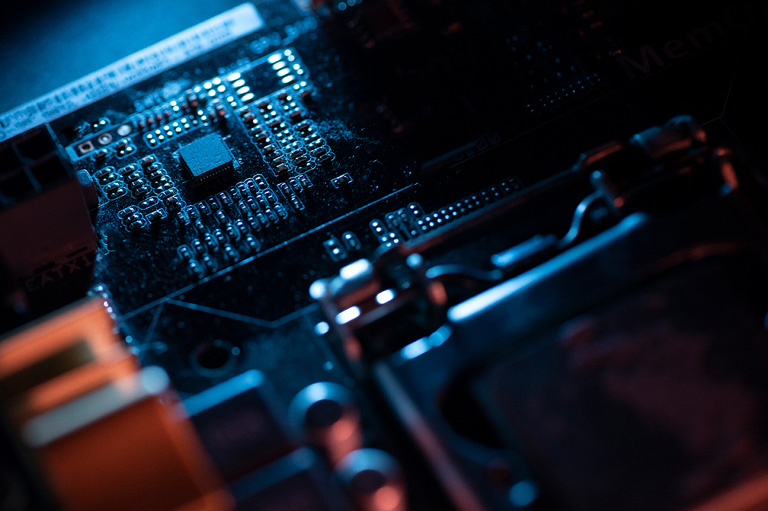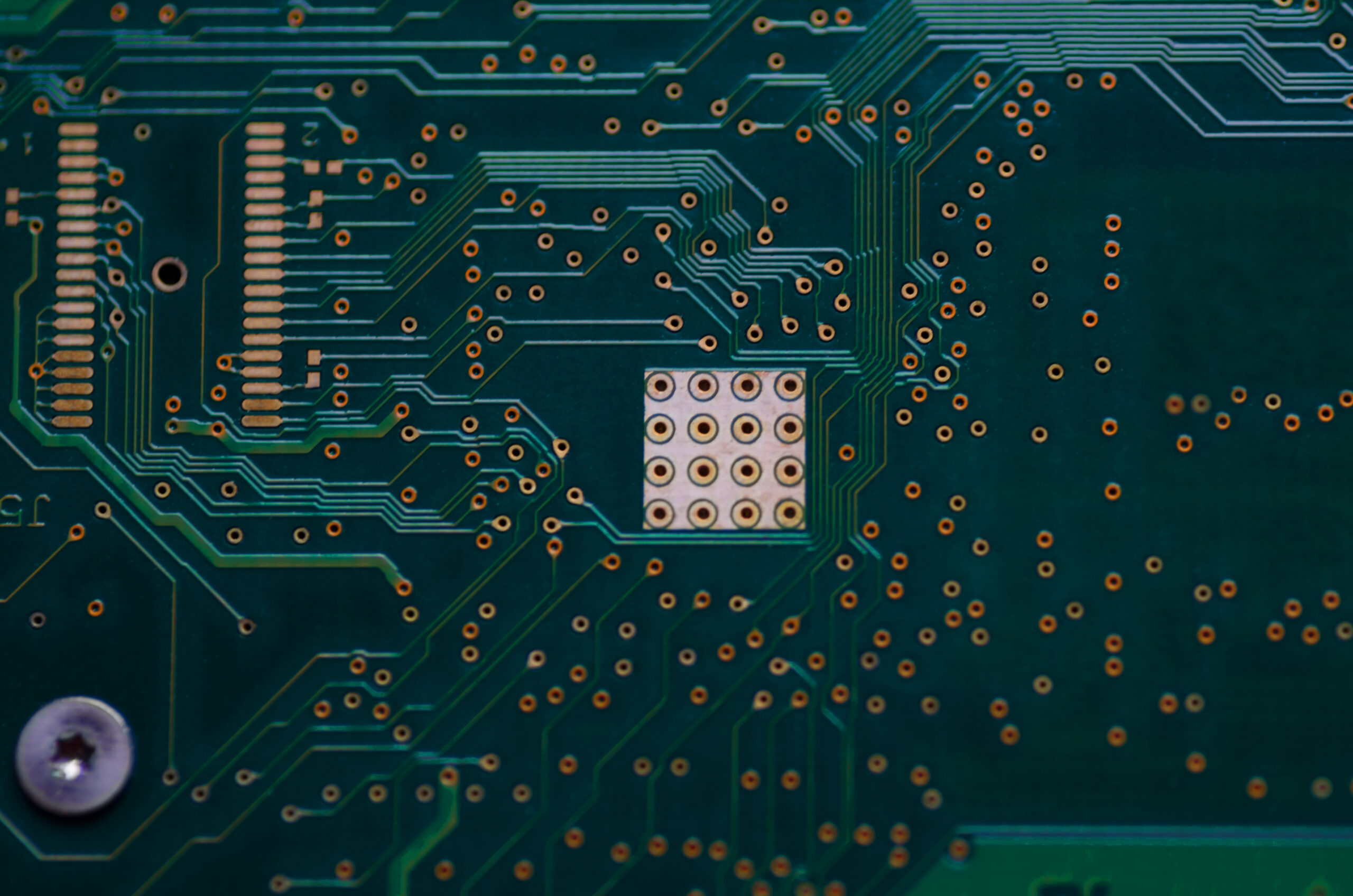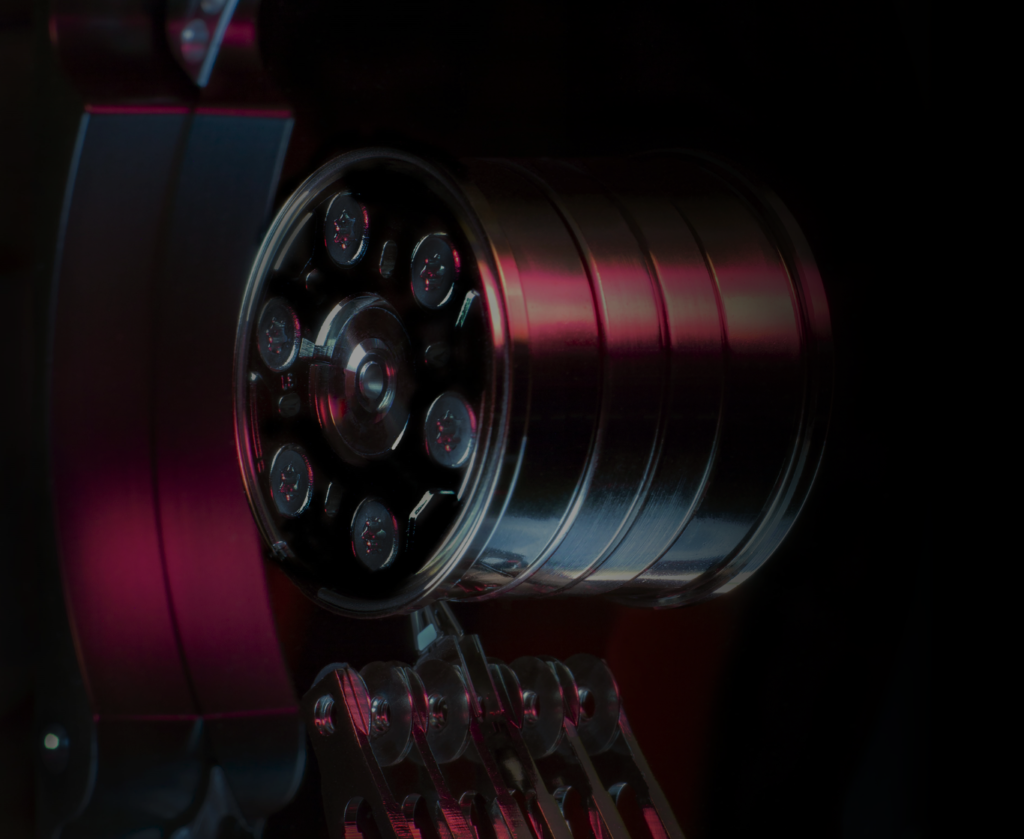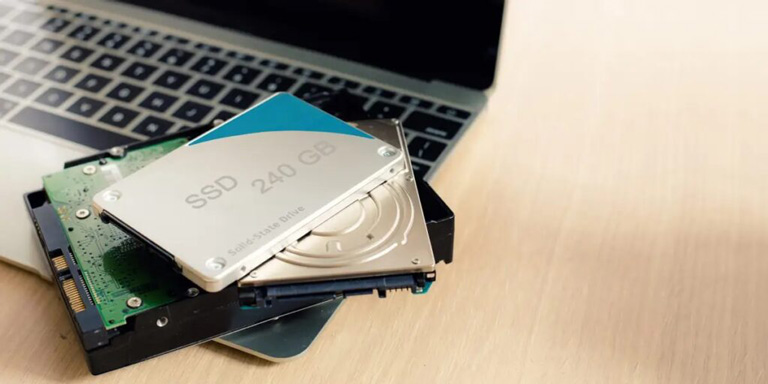
The Evolving Landscape of Enterprise Storage
As businesses continue to generate vast amounts of data, enterprise storage solutions have become more critical than ever. Whether it’s managing real-time data analytics, ensuring seamless cloud services, or securing vast datasets, modern enterprises face complex challenges that demand advanced storage solutions. In this evolving landscape, two key technologies – Solid State Drives (SSDs) and Hard Disk Drives (HDDs) featuring advanced innovations – are shaping the future of data storage.
At Exertis Enterprise DRiVE, we understand that navigating these choices can be challenging. That’s why our DRiVE partner programme provides businesses with not only access to cutting-edge storage technologies but also the expertise needed to implement these solutions effectively. In this article, we’ll explore the critical roles of SSD and HDD technologies in enterprise storage, the innovations driving their evolution, and how the right storage strategy can impact your business’s success.


SSDs
The Fast Track to Performance-Driven Enterprises
SSDs have become synonymous with high-performance storage in the enterprise space. At the core of this transformation is NAND technology, which allows SSDs to deliver ultra-fast data access, lower latency, and greater durability compared to traditional HDDs. But the real value of SSDs goes beyond speed—it’s about enabling businesses to meet the growing demand for real-time processing, big data analytics, and cloud services.
The Advantages of SSDs for Modern Enterprises
- Speed & Latency Reduction: In industries like finance, healthcare, and AI-driven technologies, real-time data access is critical. SSDs technology excel in these environments, offering near-instantaneous data retrieval and processing, enabling businesses to act on insights in real-time.
- Durability & Reliability: SSDs offer improved durability and reduced risk of mechanical failure compared to traditional drives. For enterprises, this means fewer disruptions, lower maintenance costs, and peace of mind when managing mission-critical data.
- Energy Efficiency: SSDs are not only faster but also consume less power than HDDs. This is particularly important for data centres that require massive amounts of storage but must also maintain energy efficiency to keep costs down and meet sustainability goals.
Why Being Part of the DRiVE Programme Matters for SSD Solutions At Exertis Enterprise, we recognise that selecting the right SSDs for your business can be complex. Our DRiVE partner programme ensures that businesses gain access to not only the best storage solutions from industry-leading vendors but also the expert knowledge needed to implement them effectively. Our storage specialists help tailor the perfect solution for your unique needs, ensuring your business remains agile and competitive in a data-driven world.
Micron NVME
Micron NVMe SSDs: Unlock Superior Performance for Data-Driven Businesses
As enterprises face increasingly demanding data processing tasks, traditional storage methods like SATA and HDDs struggle to keep pace. This is where Micron’s NVMe SSDs excel, offering up to 12x faster sequential writes than SATA and 46x faster performance compared to HDDs. With dramatically reduced latency, enhanced energy efficiency, and scalability, NVMe technology allows businesses to eliminate bottlenecks in data-heavy workflows, such as AI, machine learning, and real-time analytics. Micron’s NVMe SSDs, like the 9400 and 6500 ION series, deliver high throughput and power efficiency, ensuring your business remains competitive in the modern data economy.
Key Benefits of Micron NVMe SSDs:
- Future-proofed scalability with evolving PCIe standards.
- Up to 12x faster sequential writes than SATA.
- 46x faster than HDDs for large media file access.
- Energy efficiency that is 2x more per megabyte per second than SATA.
Kioxia CD8-P Series
Powering Enterprise with EDSFF Form Factor Innovation
The Kioxia CD8-P Series delivers high-performance SSDs that are optimized for data centres and enterprise applications. Utilizing the EDSFF E3S form factor, these drives provide next-generation performance and scalability, making them ideal for dense server environments that require high-speed, low-latency storage solutions.
Key Benefits of Kioxia CD8-P Series SSDs:
- EDSFF Form Factor: Designed for next-generation servers, offering increased storage density and improved airflow for better thermal management.
- PCIe 5.0 Interface: Provides superior performance and bandwidth, ensuring faster data transfers for high-demand workloads.
- Scalable Performance: Ideal for enterprise applications such as cloud computing, big data analytics, and AI, ensuring low-latency and reliable performance.
- Enhanced Power Efficiency: Optimized to reduce power consumption without sacrificing performance, making it an energy-efficient choice for data centres.
Solidigm P5336 & P5520/P5620
The Future of High-Performance SSD Storage
Solidigm’s P5336 and P5520/P5620 SSDs offer enterprises advanced storage solutions designed to meet the demands of modern data centres. With their high capacity, performance, and energy efficiency, these drives provide reliable and scalable options for businesses looking to optimise their storage infrastructures.
Key Benefits of Solidigm P5336 and P5520/P5620 SSDs:
- High-Capacity Storage: P5336 offers up to 61.44TB per drive, ideal for high-density environments.
- Advanced NAND Technology: QLC in the P5336 maximises storage efficiency, while 3D NAND in the P5520/P5620 delivers a balance of speed and endurances
- Energy Efficient: Lower power consumption per terabyte ensures reduced operational costs.
- Enterprise-Grade Performance: The P5520/P5620 with PCIe 4.0 delivers faster data access and low-latency performance.
- Reliability: Designed for enterprise workloads, providing 24/7 durability and security for critical data.

HDDs
Powering Enterprise-Scale Storage with Advanced Technologies
While SSDs dominate the conversation around speed and performance, HDDs continue to play a crucial role in the enterprise storage ecosystem, especially for businesses that require large-scale, cost-effective storage solutions. HDD technology has advanced significantly, with innovations that improve capacity, reduce energy consumption, and enhance reliability. These drives remain essential for industries such as surveillance, cloud storage, and big data analytics, where high storage density is paramount.
Key HDD Innovations Driving Enterprise Storage
- High Capacity: One of the primary advantages of HDDs over SSDs is their ability to offer significantly higher storage capacities at a lower cost. This makes them ideal for data archiving, backup systems, and environments where vast amounts of data must be stored long-term.
- Enhanced Energy Efficiency: Modern HDDs, especially those using helium-sealed technology, reduce power consumption by decreasing friction within the drive. This not only extends the drive’s lifespan but also contributes to lower operational costs in large-scale data centres.
- Reliability & Longevity: With advancements in technologies like Shingled Magnetic Recording (SMR) and Perpendicular Magnetic Recording (PMR), HDDs are now able to store more data on each platter while maintaining reliable performance, making them well-suited for environments where constant access to large datasets is required.
Why the DRiVE Partner Programme is Essential for HDD Solutions Choosing the right HDD solution is not just about capacity – it’s about ensuring your storage can grow with your business while remaining cost-effective. With the Exertis DRiVE partner programme, you not only get access to the latest HDD innovations from trusted vendors but also our expert guidance to help optimise your storage strategy. Whether you’re managing a data centre, planning for long-term storage, or handling extensive archives, our team can help you find the right balance between capacity, performance, and cost-efficiency.
Toshiba MG Series
Toshiba MG Series: High-Capacity HDDs Built for Enterprise Demands
For businesses needing reliable, high-capacity storage, Toshiba’s MG Series HDDs offer an ideal solution. Designed for enterprise workloads, these drives deliver up to 24TB of storage capacity, making them perfect for cloud-scale infrastructures and data-heavy applications. With innovations like helium-sealed designs for reduced power consumption and Persistent Write Cache Technology for data protection during power outages, the MG Series drives offer a robust, efficient storage solution to meet the growing needs of modern businesses.
Key Features of Toshiba MG Series HDDs:
- Engineered for 24/7 reliability and enterprise workloads.
- Up to 24TB capacity for large-scale storage.
- Helium-sealed design for improved energy efficiency.
- 550TB/year workload capability with Persistent Write Cache Technology.
Seagate Mozaic 3+
Seagate Mozaic 3+: The Future of High-Capacity Data Storage
With data generation skyrocketing, Seagate’s Mozaic 3+ platform offers an unprecedented solution for businesses in need of scalable, cost-effective mass storage. Engineered with groundbreaking advancements in areal density, Mozaic 3+ allows enterprises to store more data while reducing power consumption and operational costs. Designed to meet the demands of large-scale data centres and cloud infrastructures, Mozaic 3+ is the key to handling the growing data needs of tomorrow.
Key Features of Seagate Mozaic 3+:
- Massive Storage Capacity: Achieve up to 30TB per drive, with future potential for 50TB+.
- Unmatched Areal Density: Industry-leading areal density per platter enables maximised storage within the same footprint.
- Sustainable and Efficient: 40% improvement in power efficiency per terabyte, reducing TCO.
- Seamless Integration: Fully compatible with existing data centre infrastructures, requiring no modifications.
- Enterprise-Grade Durability: Designed for 24/7 reliability with 2.5 million hours MTBF and a 5-year warranty.
Western Digital Ultrastar DC HC590
Leading with ePMR Technology
Western Digital’s Ultrastar DC HC590 offers a cutting-edge solution for businesses in need of high-capacity storage. With its 26TB capacity using ePMR technology, this drive provides the perfect balance between performance, reliability, and storage efficiency for data centre environments.
Key Features of Key Features of Western Digital Ultrastar DC HC590 HDD:
- 26TB Capacity with ePMR Technology: Enhanced energy-assisted magnetic recording technology ensures high areal density, making it perfect for large-scale data storage.
- Energy Efficiency: Lower power consumption per terabyte reduces total cost of ownership (TCO) while maintaining peak performance.
- Enterprise Durability: Designed for 24/7 operation in data centres, ensuring consistent reliability and uptime.
- Seamless Integration: Compatible with existing infrastructure, allowing for easy deployment in current data centre environments.

The Future of Enterprise Storage
A Dual Approach
In the rapidly changing world of enterprise storage, both SSDs and HDDs offer unique advantages that cater to different business needs. While SSDs provide unmatched performance for real-time applications and data-heavy workloads, advanced HDD technologies offer cost-effective, scalable solutions for long-term, high-capacity storage.
By joining the Exertis Enterprise DRiVE partner programme, your business gains access to the expertise and solutions you need to stay ahead of the competition. Our storage specialists will work closely with you to craft a customised storage strategy that leverages the best of both SSD and HDD technologies, ensuring your business is always ready for the challenges of tomorrow.

Ready to transform your storage strategy? Join the Exertis Enterprise DRiVE partner programme today and unlock access to industry-leading SSD and HDD technologies from trusted vendors.
